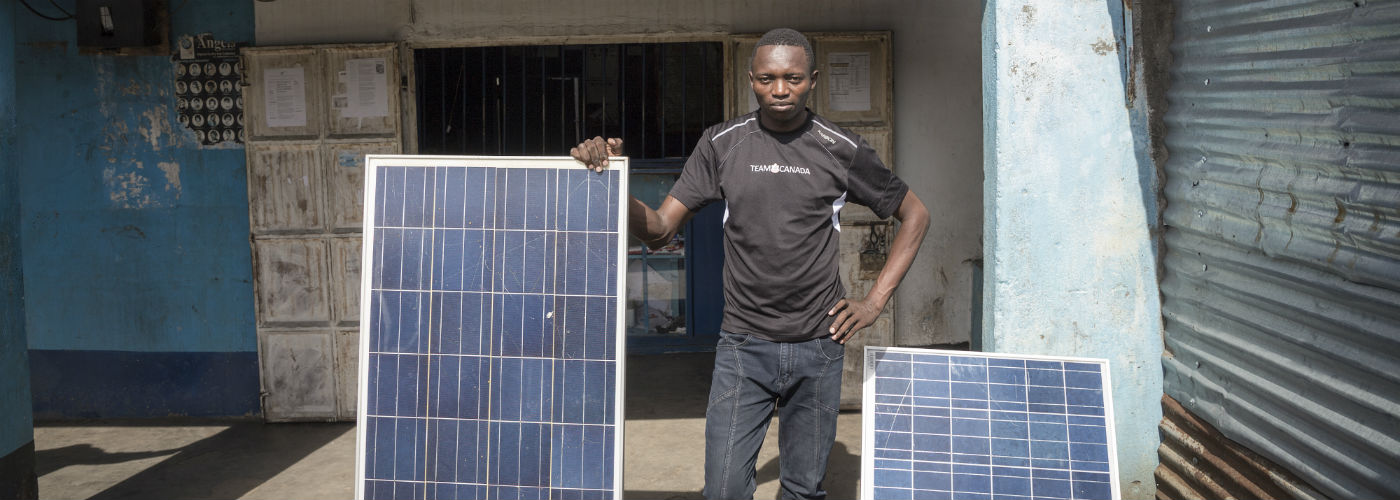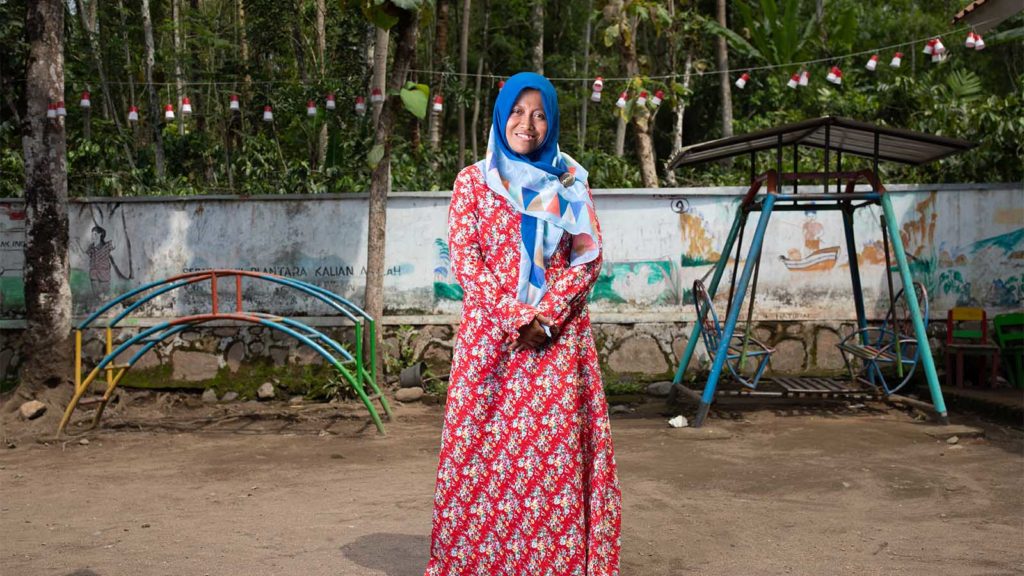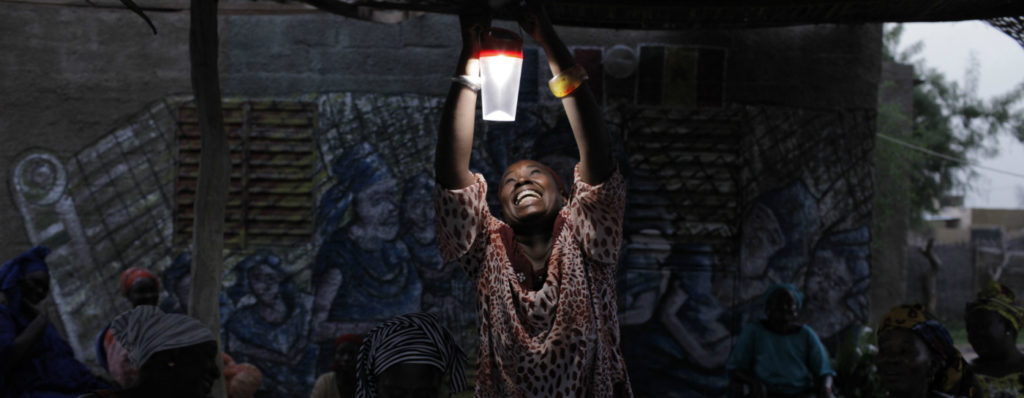Disaster movies are more popular than ever, now that the coronavirus outbreak has turned into a global pandemic. Comparisons seem logical: the virus is new, uncontrollable, and has already killed tens of thousands of people. Yet the suggestion that the current disaster appeared out of the blue does not hold true for COVID-19 – as it did not for Ebola, Sars and bird flu.
Human health is intrinsically linked to planetary health.
The current pandemic has not only been predicted for years, by scientists whom politicians chose to ignore, it is also very clear where it came from: wild animals that people have taken or driven out of the wilderness on an ever larger scale. In fact, the virus is a textbook example of how human interference with the environment has come back to haunt us. We can no longer ignore the fact that human health is intrinsically linked to planetary health.
Exploitation destroys our future
Pristine forests are being logged, mined and converted to agricultural land at an ever increasing rate. This destroys the habitat of its inhabitants – both indigenous peoples and wild animals. And the consequences are major. First of all for our climate, but also for human health because bringing us into closer contact with wild animals exposes us to new viruses like COVID-19.
Forest destruction is but one way in which humanity is ruining the planet. In fact, it is part of a global socio-economic system that considers nature and ecosystems as its means of production. The industrial agricultural practices that support this system greatly contribute to massive biodiversity losses. The fossil fuels this system depends on drive climate change. And industries created by this system indiscriminately extract the planet’s natural resources.
As we can see, the COVID-19 and climate crises are two sides of the same coin. They are both caused by the exploitation of natural resources that takes an enormous toll on our planet. They are both inextricably linked to our globalized economy. Both crises are global, of utmost urgency, cause a huge number of victims, and have devastating effects on economies and societies. Nevertheless, there is one big difference: we hope and expect to find a cure for COVID-19. But a simple, single cure for the climate doesn’t exist.
Once again hit the hardest
Just like the climate crisis, the current corona crisis is likely to hit lower income countries the hardest. The Netherlands has 40 doctors for every 10,000 inhabitants and still struggles to increase the number of intensive care facilities with adequate medical staff. Zambia has only one doctor for every 10,000 people! Let alone the economic power to sustain businesses and support citizens like northern countries currently do.
It’s their homes and livelihoods that are destroyed.
In the same way, it’s the poorest and most vulnerable countries, people and their small businesses that suffer from climate-related droughts and floods. It’s their homes and livelihoods that are destroyed; their years of hard work and dreams of a better future that are snuffed out. All because of the decades of greenhouse gas emissions that northern countries’ wealth is built on.
Unusual suspects call for radical change
So, we have enough good reasons to urgently change our economic system and restore our future. Moreover, this change is doable if we only let wellbeing and sustainability for all prevail over unlimited growth and profits for a fortunate few. Scientists, civil society organizations, impact-driven businesses, (local) governments and citizens have developed ideas and practices to create economies that truly serve the people, while respecting the planet’s boundaries. We could start the change today.
Now that the world has found itself at the current crossroads, we see the UN, IMF, World Bank, the European Council and even the International Energy Agency unanimously calling for a radical change of policy and decisive climate action. According to the New Climate Economy that represents world leaders and key economic decision-makers, including the IMF’s managing director, “Bold action could yield a direct economic gain of US$26 trillion through to 2030 compared with business-as-usual. And this is likely to be a conservative estimate.”
Future-proof plan
Hivos fully supports Dutch Trade and Development Minister Kaag’s call for international cooperation to support low-income countries in dealing with this crisis. While immediate relief is what we need first, we must also start reflecting on how economies across the globe are going to recover. Well-targeted investments to support a sustainable private sector can lay the foundations for more equal and low-carbon economies.
We must ensure that the solar energy companies, women energy entrepreneurs, sustainable farming cooperatives and sustainable food companies that Hivos supports precisely to provide this basis, will survive this crisis and be able to come back even stronger. More than ever, we need a common, future-proof plan that tackles the root causes of both the COVID-19 and climate crises. A plan that leads the way towards a more inclusive and sustainable world. We urge world leaders – and in particular the Netherlands and the EU as a community of values – to walk their current talk and use this dreadful crisis to build green and inclusive economies.



